


A study conducted at a FAPESP-supported research center shows that light interacting with free electrons in a metal can traverse nanometric structures far smaller than its wavelength.
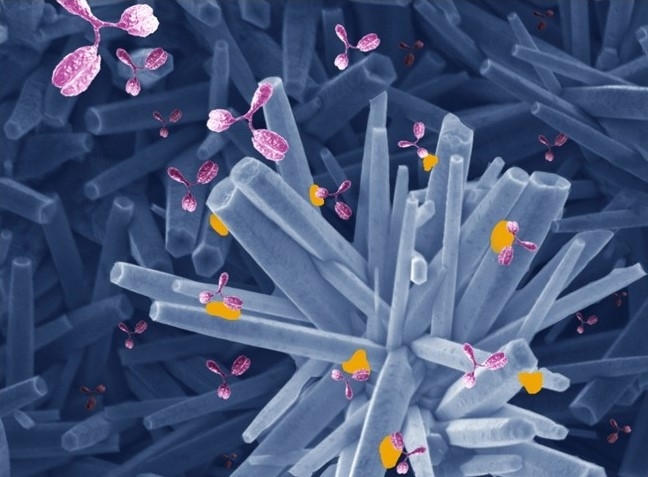
Brazilian scientists have developed a biosensor using zinc oxide combined for the first time with an electron-conducting glass substrate and the SARS-CoV-2 spike protein. The results outperformed ELISA, the current gold standard for diagnosing infectious diseases.

The importance of organizing and assuring access to the government’s healthcare data via the SUS was highlighted in a presentation by Ester Sabino, a professor at the University of São Paulo, to a webinar hosted by the São Paulo State Academy of Sciences. Data integration and access would benefit researchers and the Health Ministry, and help to direct investment in the sector.

A firm supported by FAPESP is developing self-cleaning products with flame-retardant, anti-microbial and anti-fungal properties that afford protection against ultraviolet radiation.

Bioinformatics, engineering and other disciplines driven by advances in computing were discussed by participants in an online seminar hosted by the São Paulo State Academy of Sciences to present the fifth chapter of FAPESP 60 Anos: A Ciência no Desenvolvimento Nacional.
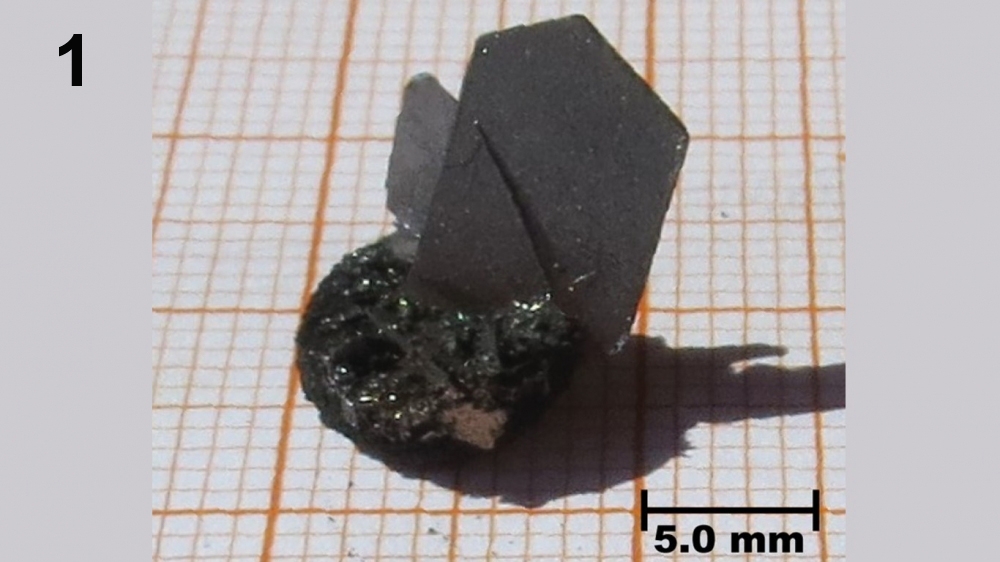
Researchers at the University of São Paulo created an alternative technique that could contribute to the development of quantum computing.
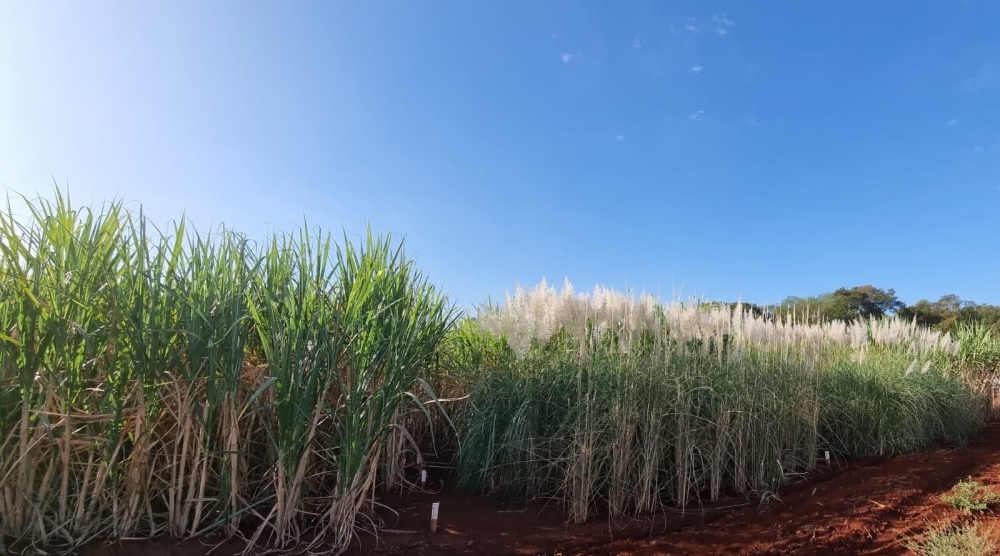
A technique developed by Brazilian researchers enhances the efficiency of breeding programs, saving selection time and the cost of plant genotyping and characterization.
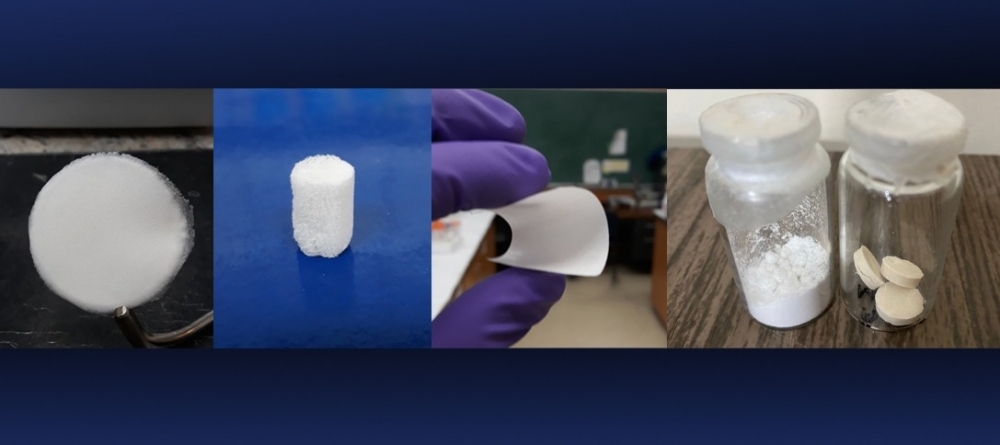
Scientists at the Federal University of São Carlos adapted material derived from sugarcane bagasse and papermaking to replace the synthetic polymers available on the market and used by growers. The main aim was to avoid the discharge of non-biodegradable chemicals into the soil.

Focusing on astronomy and astrophysics, the 14th FAPESP 60 Years Conference featured three leading scientists in the field, including Nobel Laureate Brian Schmidt.

FAPESP has long supported the company that developed the system, which identifies people from small fragments of finger and palm prints. It passed a key certification test set by the US National Institute of Standards and Technology.

Brazilian researchers have developed a tool that encodes patient identification data as DNA sequences and integrates databases with millions of records despite misspellings and omissions. The platform is fast and accurate and can be used for epidemiological analysis and public policy formulation.
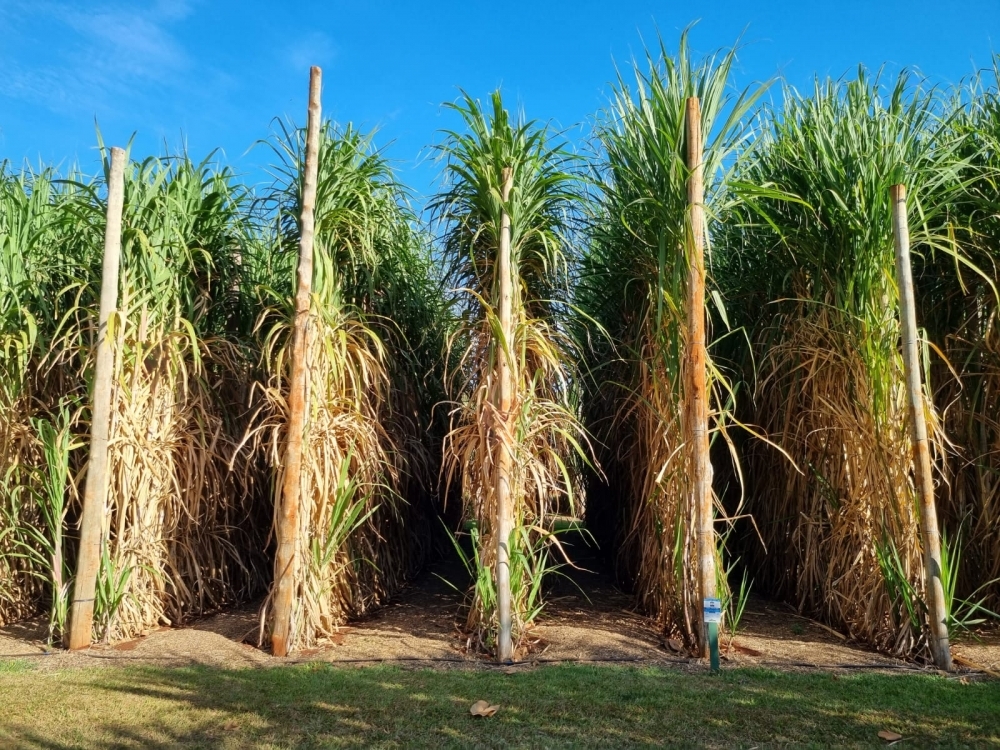
A study conducted at the State University of Campinas provides a foundation for future research to confirm identification of the best candidate genes for biotech applications such as insertion into commercially valuable plants and development of sugarcane varieties resistant to environmental pressures.
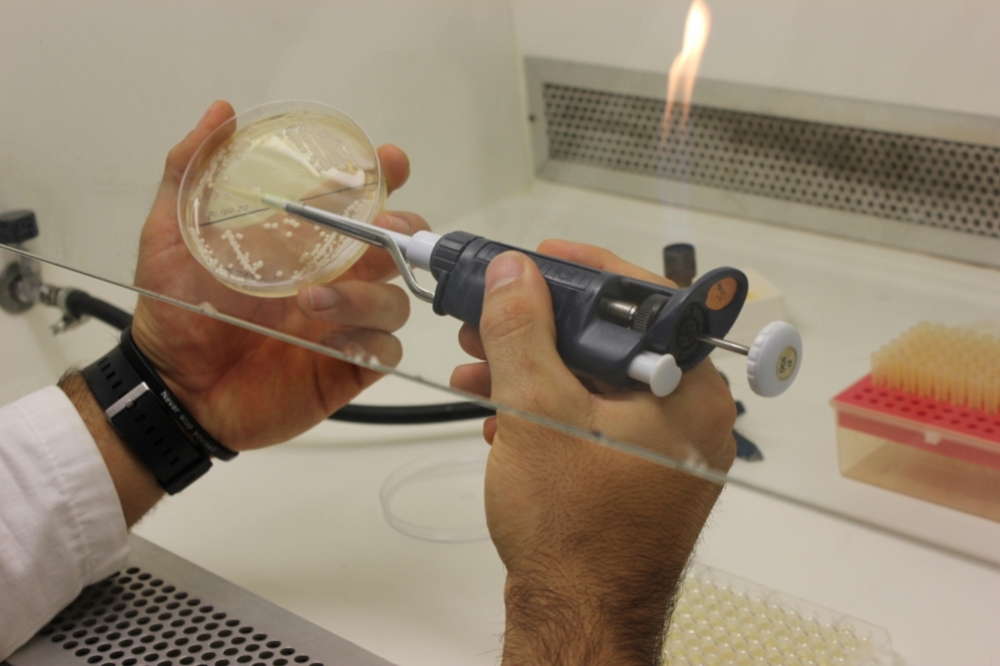
Researchers at the State University of Campinas have edited the genome of Saccharomyces cerevisiae, the brewer’s yeast used to produce ethanol, so that it converts xylose into xylitol. The strategy can add value to the ethanol industry and meet demand for a healthier sweetener.

A startup supported by FAPESP has developed software to process legal cases, winning an important order from Brazil’s federal court of auditors.

The system is being developed by a Brazilian startup supported by FAPESP and can be used by biologists in scientific research, by NGOs to track endangered species, and by environmental consultants.
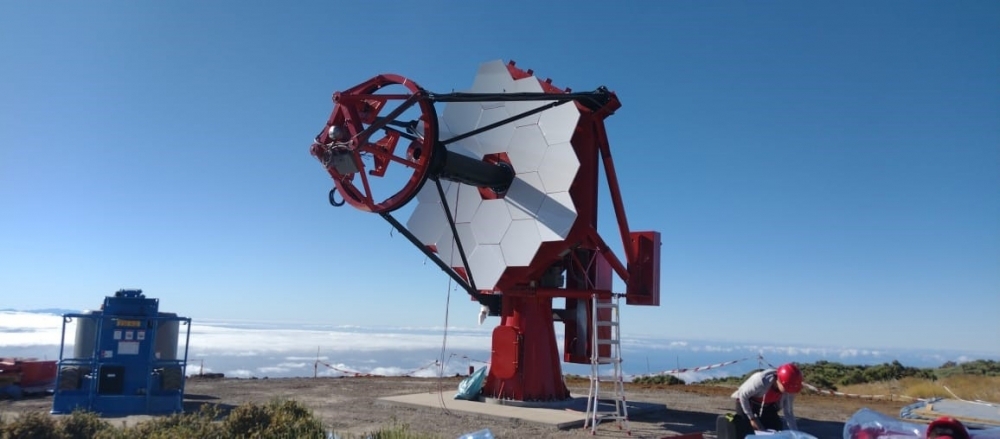
Astronomers from Brazil, Italy and South Africa have begun installing the first of nine telescopes sensitive to gamma rays on Tenerife in Spain’s Canary Islands.
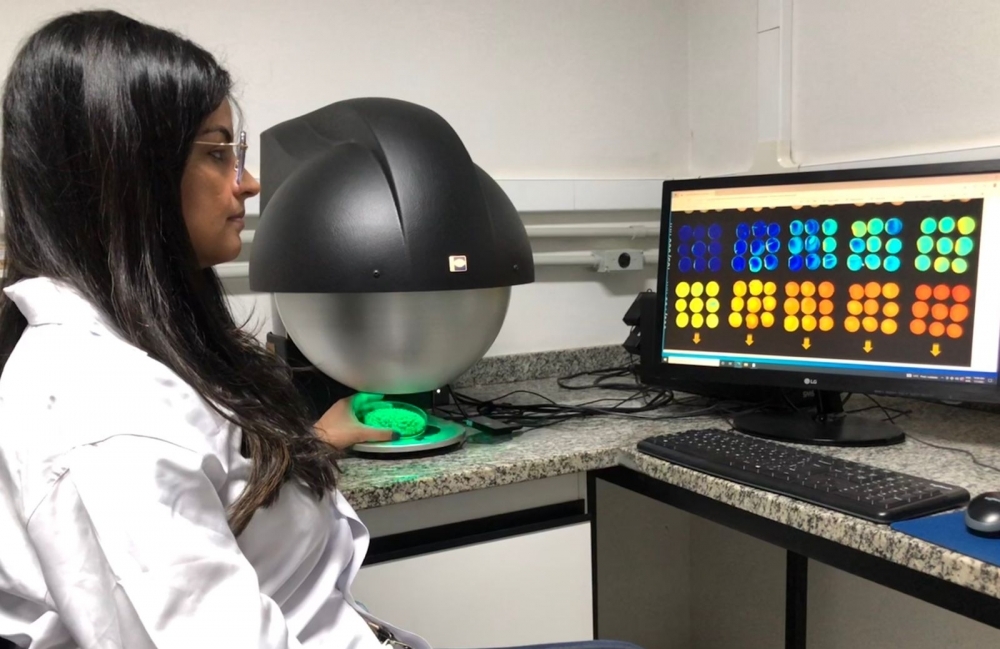
Research conducted by Brazilian scientists has demonstrated that chlorophyll fluorescence is a reliable predictor of seed maturity. The greener the seed, the lower the quality. Manual separation is the rule in Brazil.
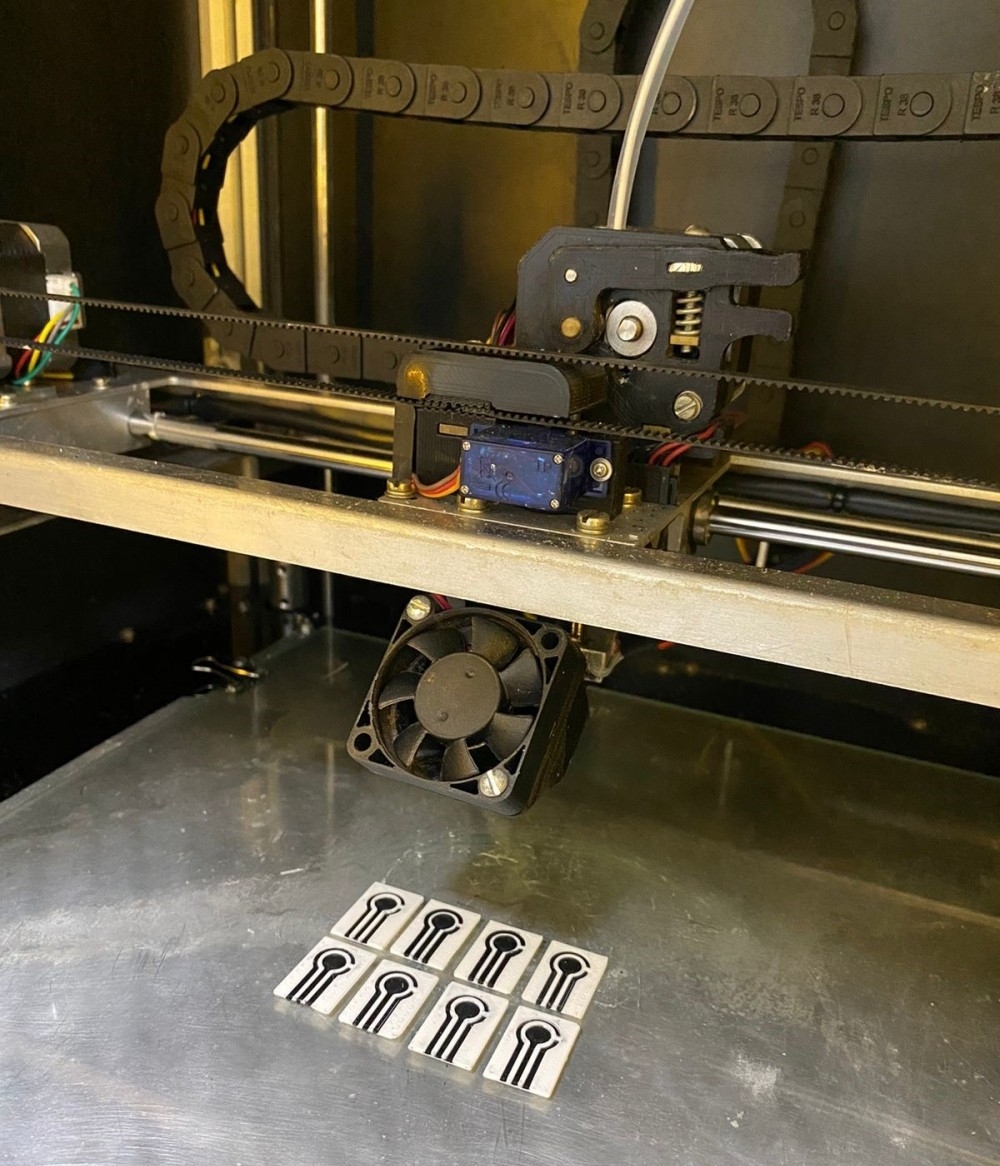
Conducted by Brazilian researchers, the study focused on the fused deposition modeling technique and was featured on the cover of Analytical Chemistry, a journal of the American Chemical Society.
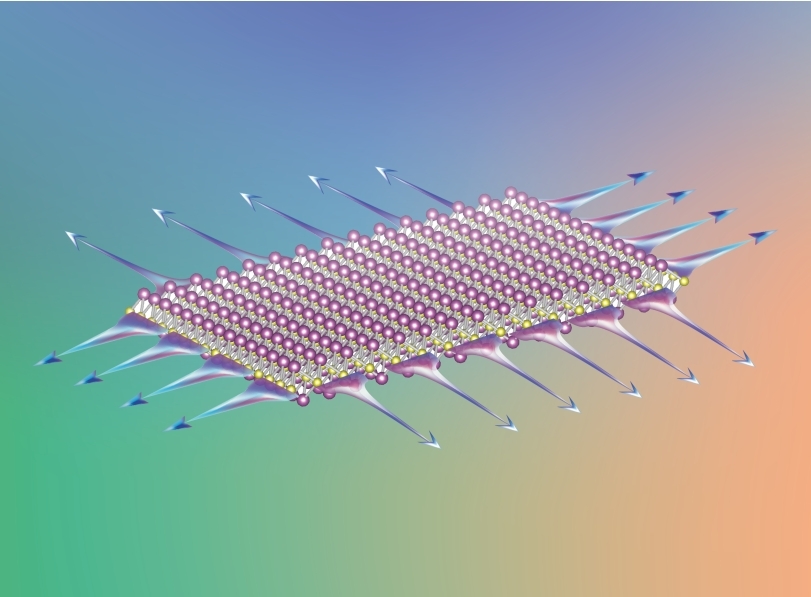
Discovery by Brazilian researchers featured on cover of the journal Nanoscale is noteworthy because of possible applications in next-generation electronic devices.
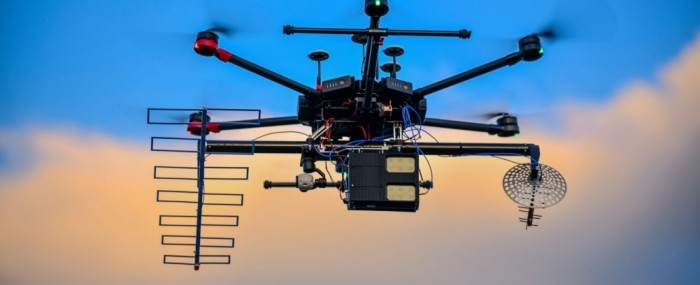
A startup supported by FAPESP developed the technology, which is being tested by pulp and paper manufacturer Klabin.

Quantum materials were the focus for the 12th FAPESP 60 Years Conference, which featured leading experts in the field.
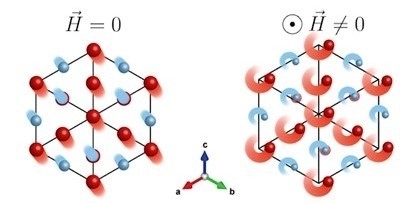
Results published in Physical Review Letters by scientists at the University of São Paulo and Rice University can be used to improve thermoelectric devices.
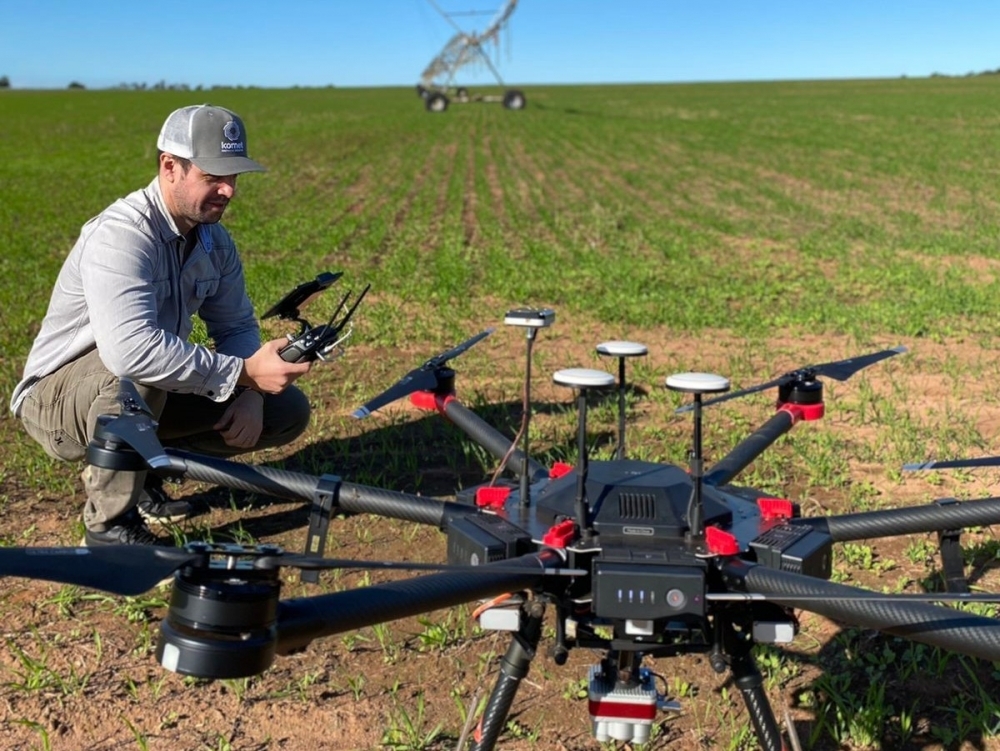
A study conducted at the University of São Paulo showed that management of irrigation with the aid of the algorithm, adjusted on the basis of field data, reduced water and power consumption by 31%. The researchers are now pursuing market validation of the technology.
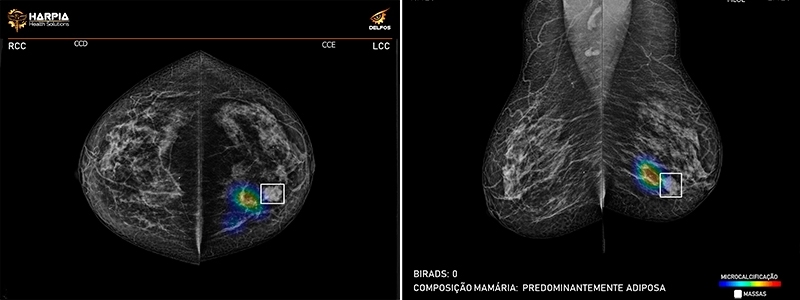
A startup supported by FAPESP has developed a technology based on artificial intelligence that can reduce the time to produce a diagnosis by 40%.

The São Paulo State Academy of Sciences presented the first chapter of a book on FAPESP’s 60 years of contributing to science for national development at the first in a series of online events that will continue until December and can be watched on Agência FAPESP’s YouTube channel.